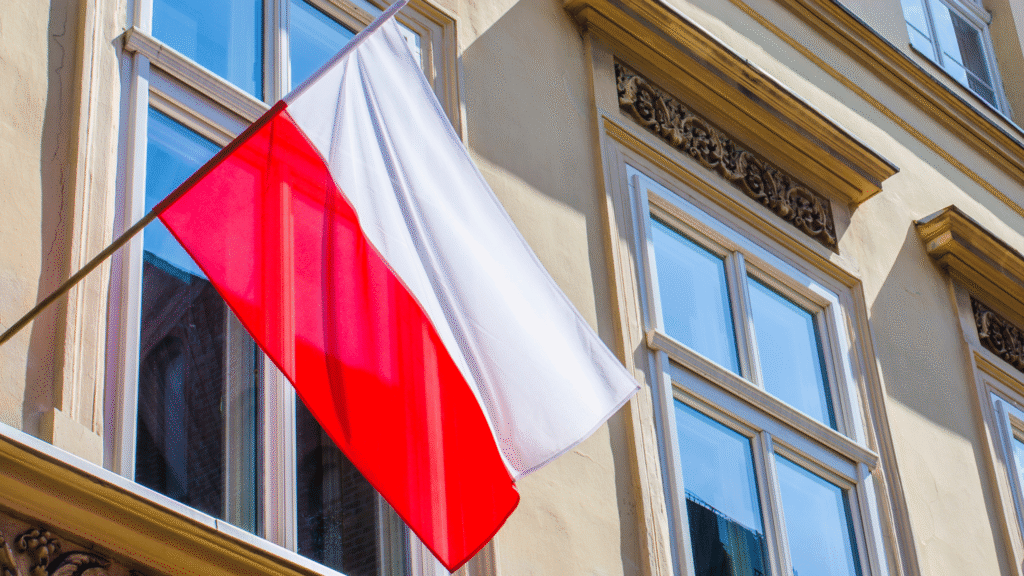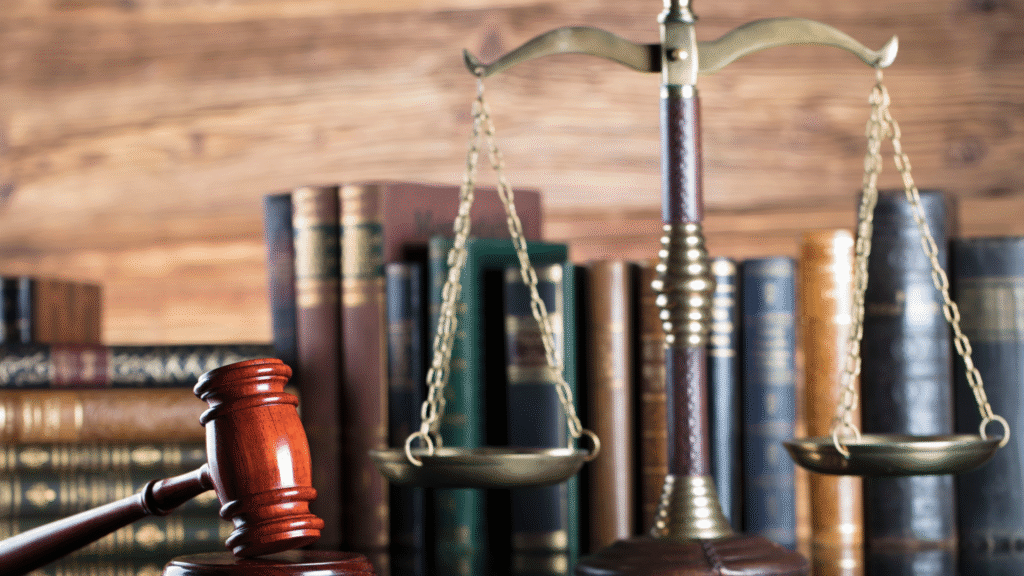Tough financial penalty for digital giant for antitrust violations
In 2020. The European Commission (“EC“) has opened formal antitrust proceedings to investigate whether Apple’s policies for distributing apps through its App Store violate EU competition rules[1].
As published on March 4, 2024. press release[2], the EC has fined Apple more than €1.8 billion for abusing its dominant position in the market for distributing streaming music apps to iPhone and iPad users via the App Store[3].
Apple has been fined for using restrictions on app developers to prevent them from informing iOS users about alternative and cheaper music subscription services available outside the app.
The EC found that Apple’s restrictions violated Art. 102(a) of the Treaty on the Functioning of the European Union according to which:
“It is incompatible with the internal market and prohibited for one or more companies to abuse a dominant position in the internal market or in a substantial part of it, insofar as it may affect trade between Member States. Such abuse may consist in particular of: imposing, directly or indirectly, unfair purchase or sale prices or other unfair transaction terms;“.
The EC found that Apple using restrictions may have led many iOS users to:
- significantly higher subscription costs for music streaming services (the high commission imposed by Apple on developers has been “passed on” to consumers in the form of higher subscription prices for the same service in the Apple App Store);
- deterioration of their user experience due to the cumbersome commitment to search for offers outside the App Store.
- In determining the fine, the EC took into account the duration and severity of the violation, as well as Apple’s total turnover and market capitalization. According to the EC, the amount of the fine imposed was necessary in order to achieve the so-called “fine”. deterrent effect. Also importantly, the EC ordered Apple to refrain from repeating violations or using practices with an equivalent purpose or effect in the future.
Executive Vice President Margrethe Vestager, responsible for competition policy, said: “ For a decade, Apple has abused its dominant position in the market for distributing music streaming apps through the App Store . It did this by restricting developers from informing consumers about alternative, cheaper music services available outside the Apple ecosystem. This is against EU antitrust rules, so today we fined Apple more than €1.8 billion.” [wyróżnienie własne][4].
Apple, in response to the fine, published an official statement on its website, according to which: “The European Commission today announced a decision stating that the App Store is an obstacle to competition in the digital music market. This decision was made despite the fact that the Commission found no convincing evidence of harm to consumers. It also failed to take into account the fact that we are talking about an extremely competitive market that is thriving and growing rapidly. The main supporter – and biggest beneficiary – of this decision is Spotify, a company based in Stockholm, Sweden. Spotify offers the world’s largest music streaming app. During the investigation, Spotify representatives met with the European Commission more than 65 times. (…) Apple has been operating in Europe for more than 40 years. We currently provide more than 2.5 million jobs on the continent. We have helped develop markets, promoting competition and innovation at every stage, and the App Store is an important part of this effort. Therefore, while we respect the European Commission, its decision is not supported by the facts.“[5] [wyróżnienie własne].
Apple intends to appeal after the EC’s ruling. At present, it is difficult to assess when the case will be finalized. Competition policy is one of the key areas of law from the point of view of the economic system. The team of Jabłoński Kozminski & Partners Law Firm will keep monitoring and informing about significant changes related to antitrust legislation and their potential consequences. If you have any questions or concerns about competition law, we invite you to contact our office.
[1] Press release dated June 16, 2020. https://ec.europa.eu/commission/presscorner/detail/en/ip_20_1073, dostęp online [11 .03.2024 r.]
[2] Press release dated March 4, 2024. https://ec.europa.eu/commission/presscorner/detail/en/ip_24_1161, accessed online [11 .03.2024 r.]
[3] Ibid.
[4] Press Release, March 4, 2024. https://ec.europa.eu/commission/presscorner/detail/en/ip_24_1161, accessed online at [11 .03.2024 r.] [self-translated].
[5] Apple’s March 4, 2024 statement , https://www.apple.com/pl/newsroom/2024/03/the-app-store-spotify-and-europes-thriving-digital-music-market/, accessed online [11 .03.2024 r.]













Notes from the “other side of the barricade” – reflections of a former in-house lawyer